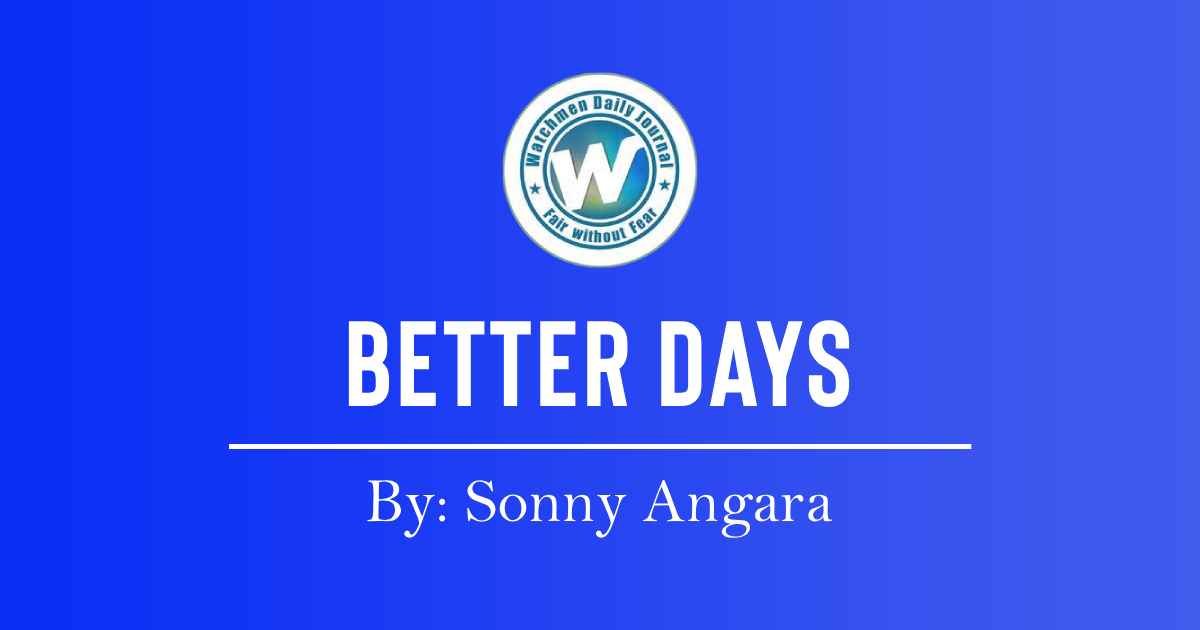 By Sonny Angara
By Sonny Angara
Over the years the country has done a lot to improve its internal processes as part of its efforts to bring in more investments. We continuously introduce new policies and pass new laws to support these efforts, specifically to streamline the procedures for doing business in the country. We constantly make public pronouncements about the Philippines being open for business and this has been echoed by every administration.
This is all well and good but we occasionally shoot ourselves in the foot with the persistent complaints about bureaucratic red tape. This has long been an issue raised by investors in the Philippines, who consistently cite the number of permits required to start a business and the amount of time it takes to secure these permits.
We recently heard about the statements made by the German Ambassador to the Philippines Andreas Pfaffernoschke about red tape being the biggest hindrance for foreign businesses to expand their investments in the Philippines. The Ambassador echoed the frustration of the business community in the Philippines about needing to secure several permits and the multiple layers of government units involved in getting these permits. Worst of all, he said there is corruption in this process.
In the last two decades, we have seen improvements in dealing with the issue of red tape. This includes the passage of Republic Acts 9485 or the Anti-Red Tape Act (ARTA) and 11032 or the Ease of Doing Business (EODB) Act. We were among the authors of both laws, which aimed at speeding up government transactions.
ARTA instituted the no-noon break policy, no fixing activities, easy-to-read IDs or nameplates, presence of public assistance and complaints desks, and the implementation of the agency’s Citizen’s Charter which contains the types of frontline services offered with the step-by-step procedure, the person responsible for each step, time needed to transact, documents required, and fees.
The EODB, on the other hand, puts in place the “3-7-20” rule, which requires government offices to complete simple transactions within three days, complex ones within seven days, and highly technical ones within 20 days.
More recently, with the enactment of Republic Act 11981 or the Tatak Pinoy (Proudly Filipino) Act, the efforts to eliminate red tape would be enhanced. This provision covers all of government — from the national government agencies, their regional and provincial offices, government owned and controlled corporations, quasi-judicial bodies, other government instrumentalities, and local government units that are involved in the issuance of permits, licenses, certifications or authorizations for Tatak Pinoy investments.
Under the law, green lanes will be established within the concerned offices in order to expedite and streamline the processes and requirements for the issuance of permits and other documents. An export green lane facility will also be established for qualified exporters for advanced processing and clearances of their export requirements, including the importation of critical raw materials and capital equipment under the Bureau of Customs, Food and Drug Administration, and other regulatory authorities.
We welcome the commitment of President Ferdinand Marcos, Jr. to confront the issue of red tape head on. In February of 2023, the President issued Executive Order No. 18, calling for the establishment of green lanes for strategic investments.
On April 18, 2024, the President issued Administrative Order No. 20, directing the Department of Agriculture to further streamline administrative procedures and policies on the importation of agricultural products and to remove non-tariff barriers to help ensure food security.
The common goal here in working to reduce or eliminate red tape, is to make it easier for entrepreneurs to invest or do business in the country and to ensure the faster delivery of service to our people.
We cannot afford to continue losing out to our ASEAN neighbors, particularly Indonesia and Vietnam, who have seen strong growth over the past decade. A lot of their success in drawing investments is based on their commitment to provide a business-friendly environment that includes streamlined regulations and the provision of incentives.
We have a lot to offer to investors. We have a very skilled and hardworking workforce, an abundance of resources and a strategic location. Some of the biggest companies in the world who have done business with us can attest to this.
It’s all about encouraging more of them to take a look in our direction and we can only do this by becoming as competitive and welcoming as our neighbors. Eliminating the tedious processes and requirements for doing business here will go a long way in achieving this.
***
Senator Sonny Angara has been in public service for 19 years — 9 years as Representative of the Lone District of Aurora, and 10 as Senator. He has authored, co-authored, and sponsored more than 330 laws. He is currently serving his second term in the Senate.
***
Email: sensonnyangara@yahoo.com | Facebook, Twitter & Instagram: @sonnyangara/WDJ

